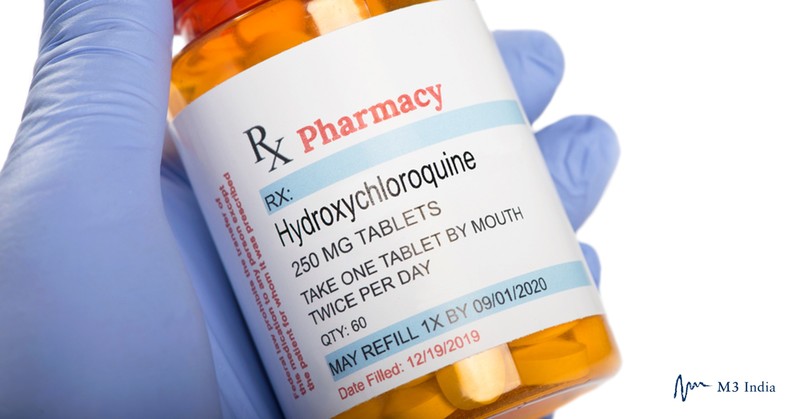As some consider treating coronavirus patients with a combination of the malaria drug hydroxychloroquine and the antibiotic azithromycin, cardiologists are advising caution because both medications can increase the risk for dangerous abnormal heart rhythms.
For our comprehensive coverage and latest updates on COVID-19 click here.

In guidance published in the American College of Cardiology publication Cardiology Magazine, cardiologists from Oregon Health & Science University and Indiana University recommend clinicians who treat COVID-19 patients with the malaria-antibiotic drug combination also consider monitoring those patients for ventricular arrhythmia, which involves the lower heart chambers beating quickly and irregularly and can lead to cardiac arrest.
There are hundreds of drugs that can increase the risk for cardiac arrest, but using two together in patients who are already at risk or critically ill could increase that risk further, the paper notes.
"While there is yet very little data regarding hydroxychloroquine and azithromycin's effectiveness as a treatment for COVID-19, some clinicians are considering combining them during this global pandemic," said the paper's lead author, Eric Stecker, MD, MPH, an associate professor of medicine (cardiovascular medicine) in the OHSU School of Medicine and OHSU Knight Cardiovascular Institute. "If physicians use their best medical judgement and order this drug combination for coronavirus patients, we want them to be aware of potential adverse side effects."
Stecker and colleagues recommend clinicians who treat COVID-19 patients with the drug combination also monitor patients for dangerous arrhythmias. However, they acknowledge limited resources could make monitoring a challenge.
"Until we have clinical outcome data supporting the benefit or harm of these medications, I would advocate for a cautious approach in using the combination of hydroxychloroquine and azithromycin," Stecker said. "Any medications that increase the risk of cardiac risk require consideration of both risks and benefits, and right now we do not have evidence that benefits outweigh risks for use of hydroxychloroquine or chloroquine. Until we have more information, patients should be monitored for arrhythmias during any use of these medications, alone or in combination, unless risk of infection for health care workers or limitations in use of personal protective equipment are prohibitive."